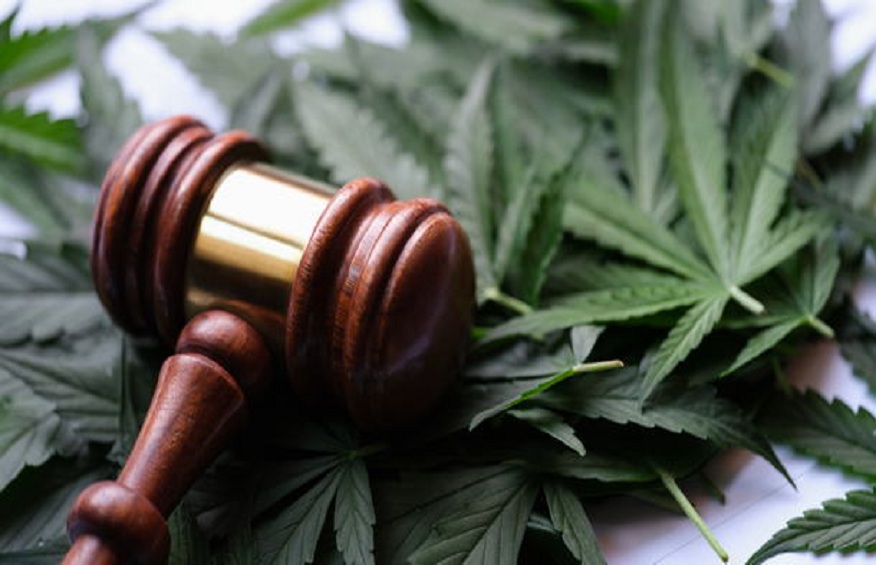Is an annual rite of passage every fall: Congress takes up the yearly Farm Bill through which they address agriculture. It was the now famous 2018 Farm Bill that legalized industrial hemp and set the standards for distinguishing between hemp and marijuana. Now, a group of state regulators is hoping for big changes with the 2023 Farm Bill.
The regulators are tasked with overseeing medical cannabis and recreational marijuana in their respective states. They are hoping federal lawmakers will work with them to craft more precise regulations by way of this year’s Farm Bill. They hope new rules codified in the bill will eliminate some of the ambiguities created by the 2018 version of the same legislation.
What the 2018 Bill Did
Federal lawmakers gave the green light to industrial hemp with the 2018 Farm Bill. That bill legalized the production, distribution, processing, and sale of hemp throughout the country. But in order to distinguish between industrial hemp and marijuana, lawmakers had to come up with a standard.
The standard they chose was THC content. They wrote the law in such a way as to define any cannabis plants with less than 0.3% THC by volume (dry weight) as hemp. Any plants with 0.3% or more were defined as marijuana.
At the time, the distinction seemed both adequate and simple enough. But five years on, state regulators have discovered that the 2018 rules are so ambiguous as to be difficult to work with. They want some key changes to this year’s Farm Bill.
5 Key Provisions
The Cannabis Regulators Association is lobbying federal lawmakers to include five key provisions in the 2023 Farm Bill. Those five provisions are as follows:
- A definition of hemp-derived cannabinoids.
- A new definition accounting for both THCA and Delta-9 THC.
- Establishing THC thresholds for intermediate and finished products.
- The naming of a federal agency to implement hemp regulations.
- Provisions that ensure states can go above and beyond federal regulations.
One of the key concerns among state regulators is the emergence of synthetic cannabinoids derived from legal hemp. They include cannabinoids like Delta-8 and Delta-10 THC. Manufacturers take advantage of a loophole in federal law to make CBD products containing synthetic cannabinoids. New definitions would clarify what manufacturers can and cannot do legally.
A New Threshold for Derived Products
Another key sticking point is the dry weight threshold for defining hemp and marijuana. Here is the problem: dry weight is affected by product density. A manufacturer can pack more THC into a chocolate bar than is normally found in a plant and still keep it under the 0.3% threshold.
In a state like Utah, where BeehiveFarmacy.com says that medical cannabis is strictly regulated, skirting the law to take advantage of loopholes is a bit more difficult. It is not impossible, though. But in neighboring Colorado, taking advantage of loopholes is a lot easier.
State regulators are asking Congress to change the rules so that there is a different threshold for measuring THC and synthetic cannabinoids in derived products. This would give regulators a baseline for better crafting state laws.
New Rules Are Inevitable
Whether or not state regulators succeed in convincing Congress to make changes to the 2023 Farm Bill, new rules are inevitable. At some point, the current system will no longer be sustainable. Washington will be forced to act to create more concrete standards that states can rely on when crafting their individual regulations. What we have now is a rather ambiguous set of rules state regulators find difficult to work with.

